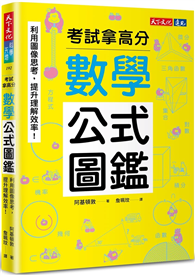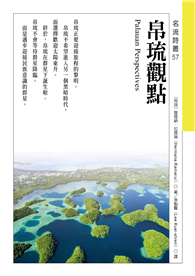Soft power encompasses the ability to wield influence over others through skillful consensus-building, employing persuasive techniques, and cultivating a favorable image. In today’s technologically advanced era, nations are adopting innovative diplomatic approaches; instead of solely relying on conventional state-to-state interactions, countries now prioritize engaging with societies through a variety of channels. Thus, in the evolving global landscape, where effective communication holds ever greater significance, public diplomacy takes center stage.Drawing from its robust historical legacy of strong statecraft, Türkiye strategically employs soft power to navigate diplomatic challenges, establish global connections, promote mutual understanding, dispel stereotypes, and encourage cross-cultural interactions. Through harnessing its cultural appeal and influence, Türkiye adeptly bridges gaps and facilitates meaningful exchanges among diverse communities. Within this framework, this book delves into the theoretical dimensions of soft power and its intersections with other principles and actions. Additionally, it conducts a historical analysis of Türkiye’s soft power strategies, spanning from the time of the Ottoman Empire to the founding of the Republic and extending into contemporary times.
| FindBook |
有 1 項符合
Turkiye’s Soft Power Re-Imagined on Its Centennial的圖書 |
 |
Turkiye’s Soft Power Re-Imagined on Its Centennial 作者:Ozdemir 出版社:World Scientific Publishing Company 出版日期:2024-11-14 語言:英文 規格:精裝 / 284頁 / 普通級/ 初版 |
| 圖書館借閱 |
| 國家圖書館 | 全國圖書書目資訊網 | 國立公共資訊圖書館 | 電子書服務平台 | MetaCat 跨館整合查詢 |
| 臺北市立圖書館 | 新北市立圖書館 | 基隆市公共圖書館 | 桃園市立圖書館 | 新竹縣公共圖書館 |
| 苗栗縣立圖書館 | 臺中市立圖書館 | 彰化縣公共圖書館 | 南投縣文化局 | 雲林縣公共圖書館 |
| 嘉義縣圖書館 | 臺南市立圖書館 | 高雄市立圖書館 | 屏東縣公共圖書館 | 宜蘭縣公共圖書館 |
| 花蓮縣文化局 | 臺東縣文化處 |
|
|
圖書介紹 - 資料來源:博客來 評分:
圖書名稱:Turkiye’s Soft Power Re-Imagined on Its Centennial
|










